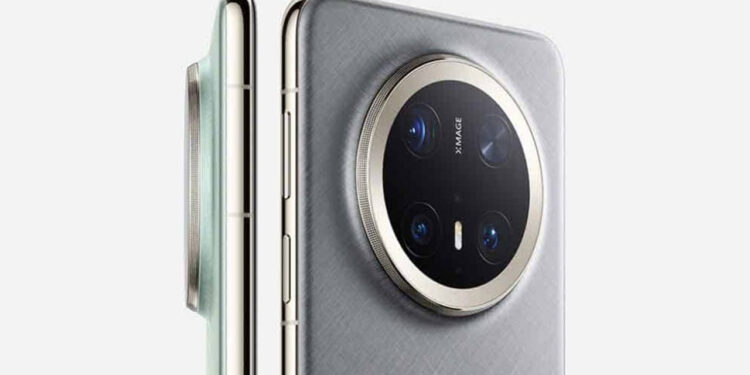In a dazzling showcase in Shenzhen, Huawei Technologies launched its latest marvel, the Mate 70 smartphone series. This launch not only marks Huawei’s robust return to the high-end smartphone arena but also highlights its departure from Android with the introduction of its in-house developed HarmonyOS NEXT. As US export controls tighten, affecting global tech supply chains, Huawei’s event seemed perfectly timed, suggesting a bold pivot towards self-reliance in technology.
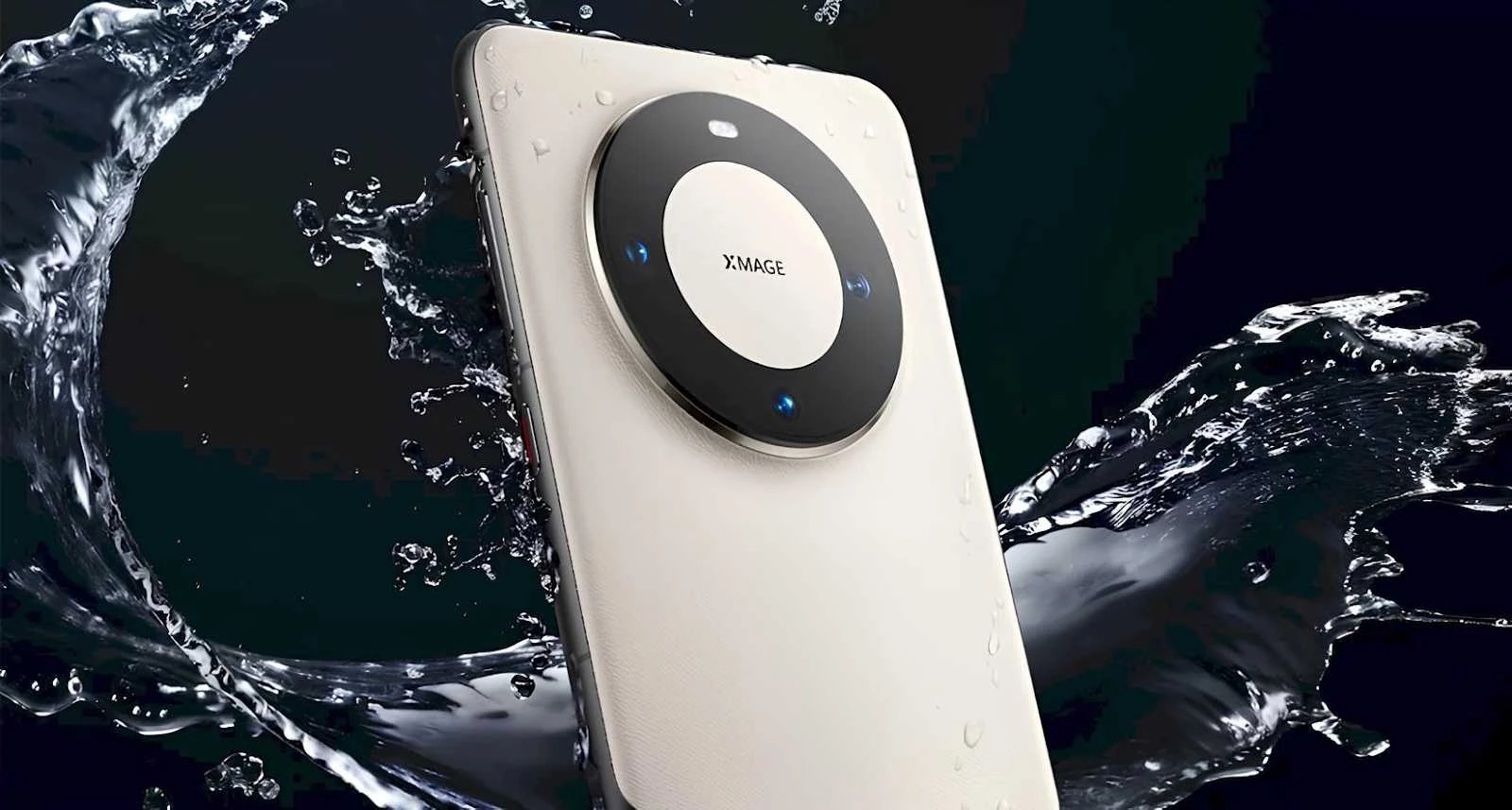
A Leap in Performance and Innovation
Huawei’s chairman of the consumer business group, Richard Yu, took the stage to unveil what he described as “the most powerful Mate phone ever.” Starting at 5,499 yuan, the Mate 70 promises groundbreaking features, including a first mainstream implementation of a satellite paging system and an enhanced processor that improves performance by an astonishing 40% over its predecessors.
At the heart of the Mate 70 series is the HarmonyOS NEXT, the latest iteration of Huawei’s operating system. This move is a clear stride towards eliminating reliance on US-based technology—a significant step given the historical context where in 2019, US curbs severed Huawei’s access to Google’s array of services. HarmonyOS NEXT represents a clean break from Android, embodying Huawei’s strategy to forge a distinct path in the software domain.
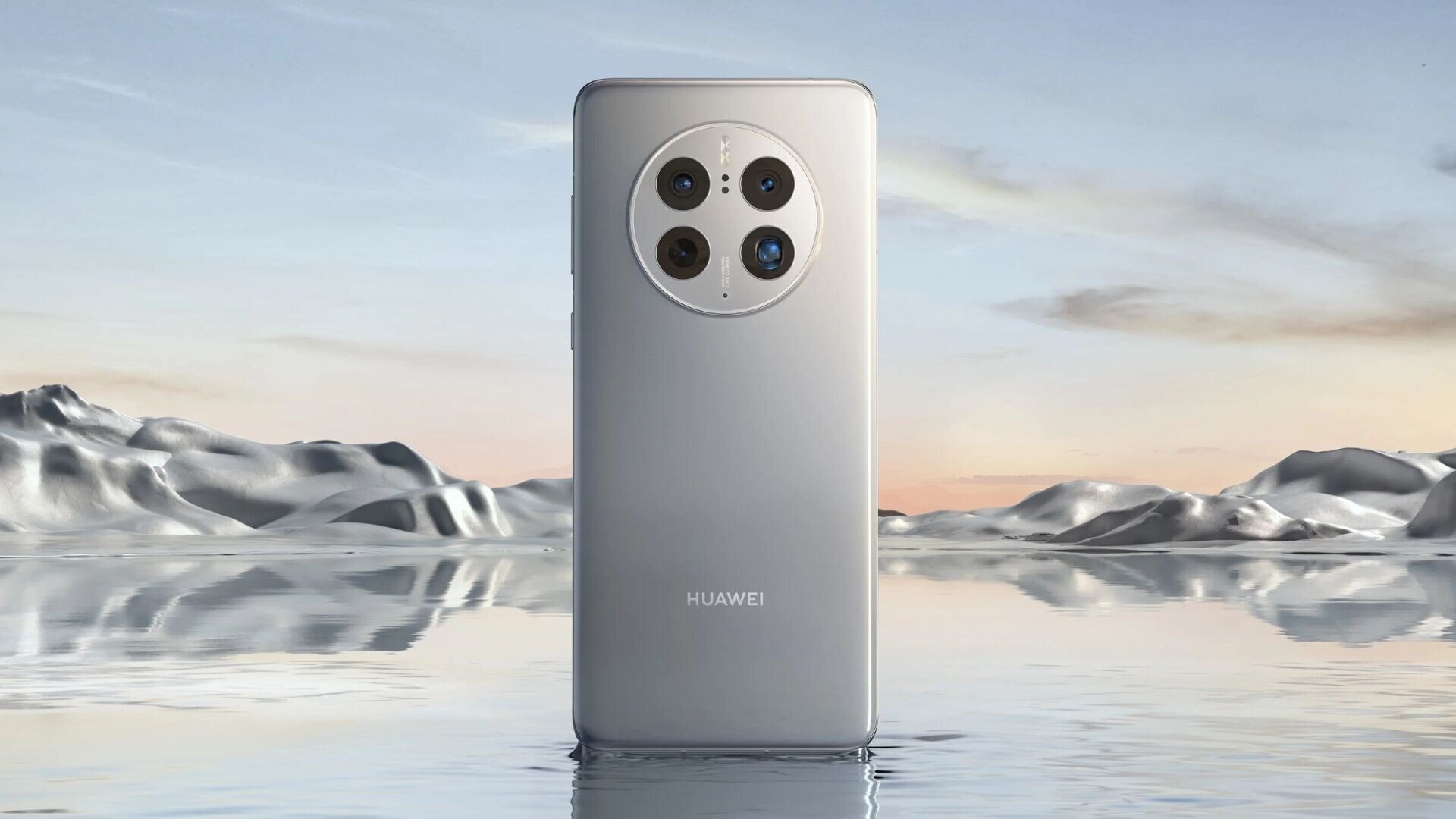
Expanding the Ecosystem Amidst Challenges
The launch was not just about hardware. Huawei is ambitiously expanding its app ecosystem, having secured over 15,000 applications for HarmonyOS, with a strategic goal to include 100,000 apps in the near future. Despite these advancements, Huawei maintains a pragmatic approach by offering Android compatibility as a fallback, signaling a careful transition phase towards full independence.
A Strategic Pivot in Chip Manufacturing
Notably, the Mate 70 series may feature advanced chips manufactured by China’s Semiconductor Manufacturing International Corp (SMIC), although Huawei remains discreet about these specifics. This underscores China’s burgeoning prowess in semiconductor manufacturing despite the looming shadow of Western export controls.
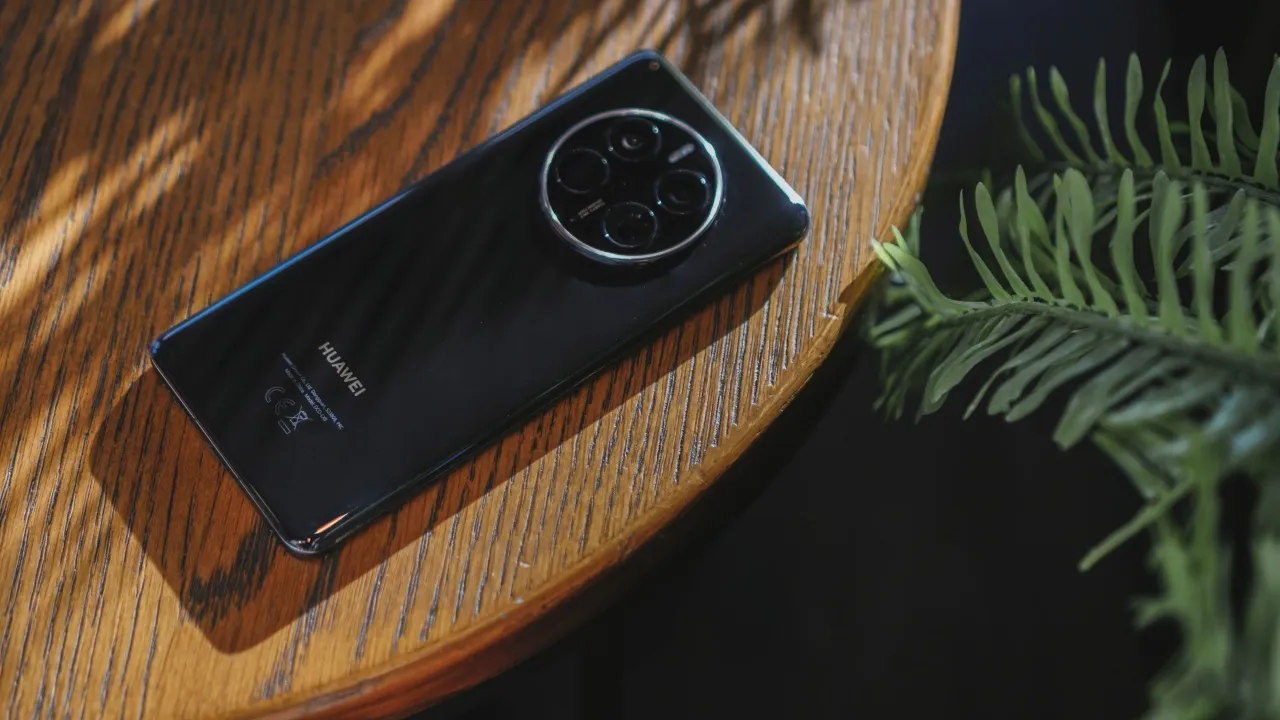
Market Impact and Competitive Stance
Huawei’s technological advancements are resonating with national pride and helping it regain footing in the smartphone market. According to Canalys, Huawei has surged to become China’s No.2 smartphone vendor in Q3 of 2024, a dramatic recovery from earlier setbacks. The Mate 70 series itself is poised to significantly impact the market, with expected shipments surpassing 10 million units.
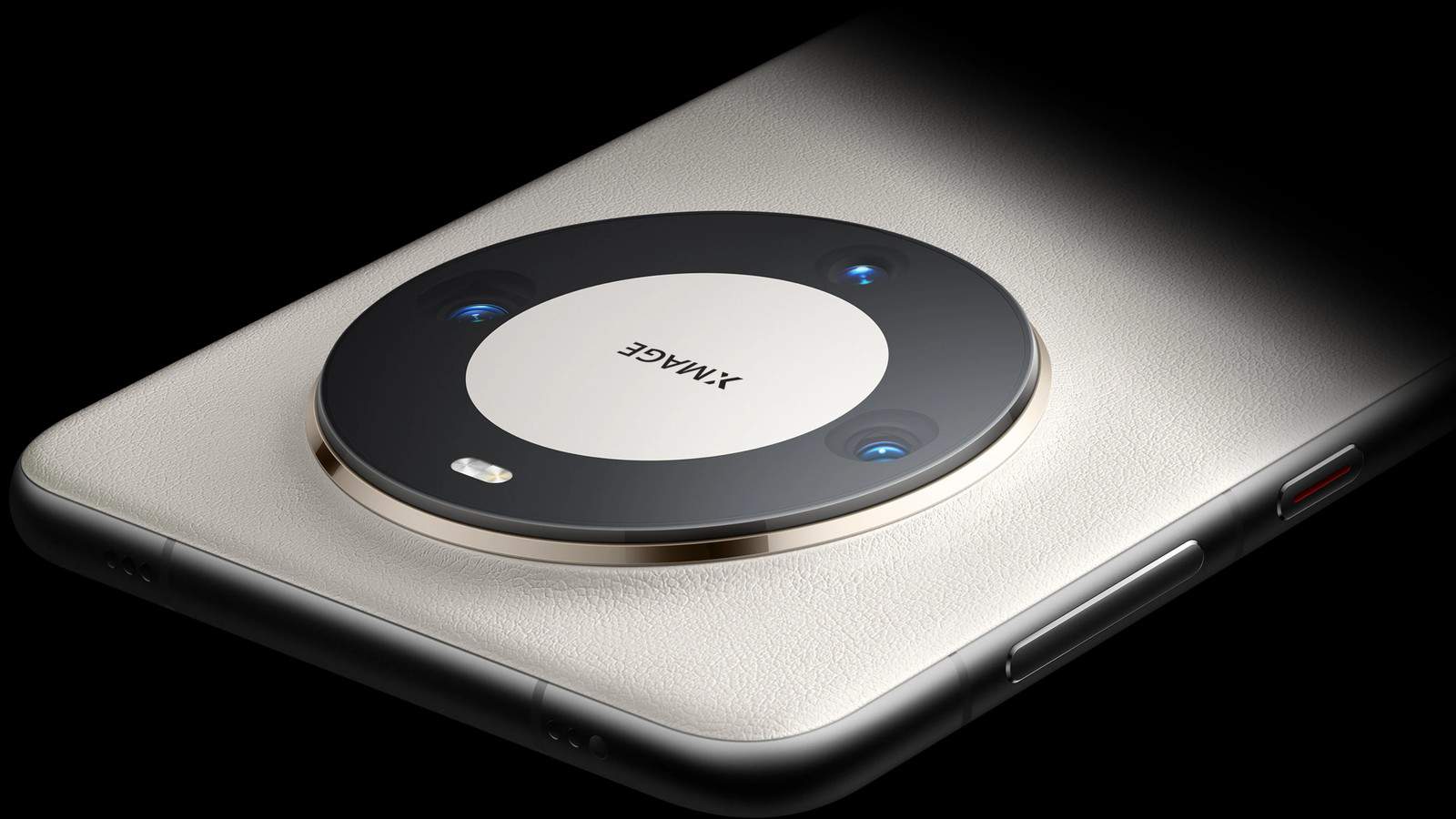
The Mate 70 series is more than just a set of new devices; it’s a bold declaration of Huawei’s strategic direction in an era of heightened technological rivalry and geopolitical tension. As the US prepares to tighten chip exports further, Huawei’s unveiling of the Mate 70 with its proprietary technologies is not merely a product launch—it’s a signal of Huawei’s resilience and its ambition to redefine the technological landscape.

